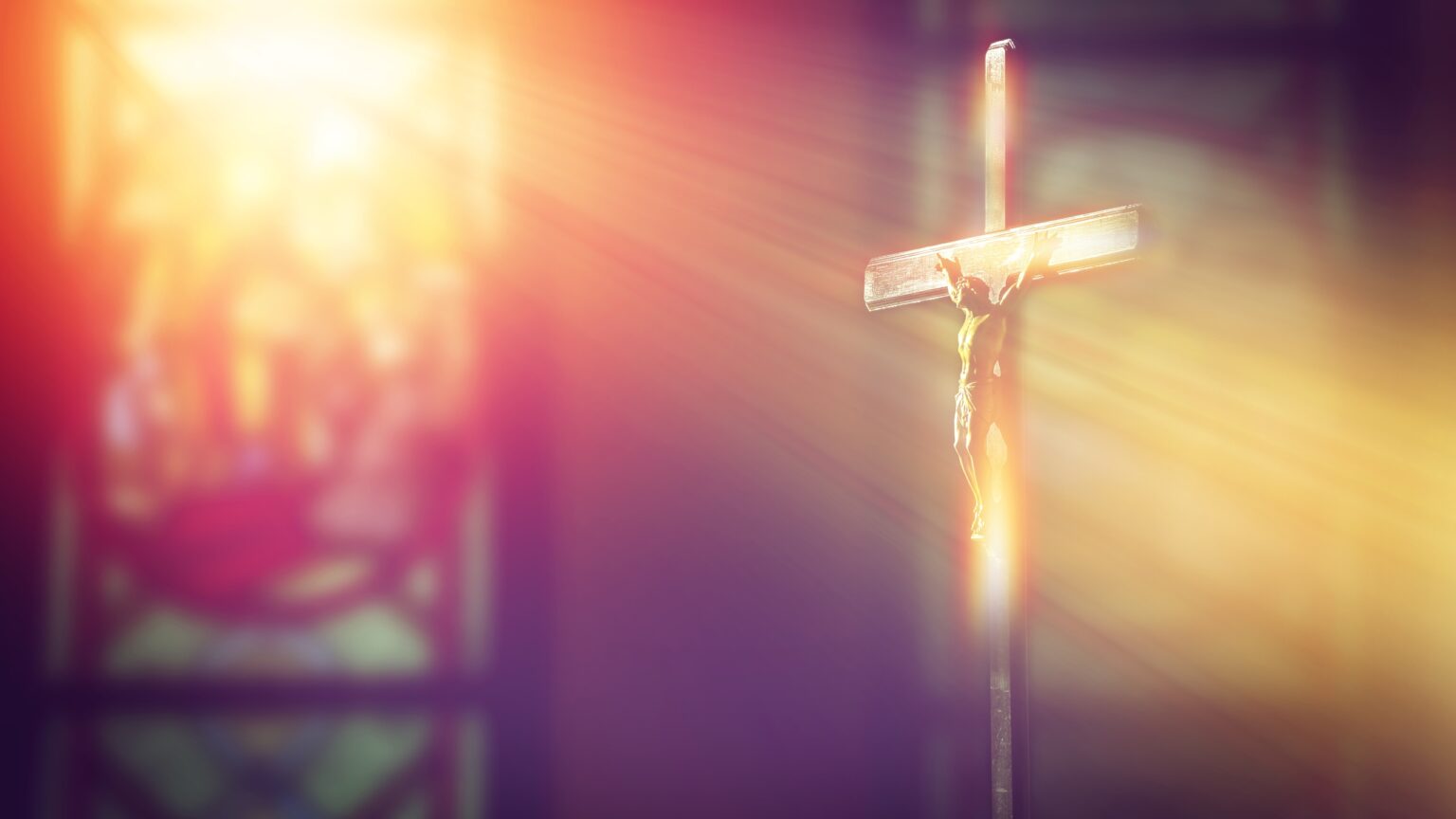The Catholic church is divided over adoption of AI with a South Carolina priest saying there is no place for it, after the Asia Catholic Church used it for synodal document.
Drawing from Bible teachings, the South Carolina priests says humans are made in the likeness of God and not from AI, adding the use of AI destroys the authenticity of the synodal process itself.
Also read: AI ‘Godfather’ Leaves Google, Fears Dangers of Artificial Intelligence
According to the Salt and Light Catholic Media Foundation, a synod is a gathering, “traditionally of bishops,” that helps the church “to walk forward together in the same direction.” The term “synod” is derived from the Greek syn-hodos, meaning “the same way” or “the same path,” it also notes.
The Asian synodal continental assembly in Bangkok, Thailand, was held on Feb. 24-26 as part of the global synodal process, to be followed by the Synod on Synodality in Rome in October, according to the Vetican News.
AI not welcome
According to Fox News, Fr. Jeffrey Kirby who is the pastor of Our Lady of Grace in Indian Land, South Carolina, has objections saying any development and or use of AI must “defer always to the human person.”
“Our greatest asset as a human family is our ability to form and build relationships,” said Fr. Kirby, who is also the host of the morning devotional program – The Morning Offering with Father Kirby.
“It is only in loving, being loved that we can know the value and purpose of life. It is love that initiates creativity.
“AI does not belong in the synodal process. The very process is about ‘heart speaking to heart.’ The synodal process is about the exchange of ideas, perspectives and experiences of life,” he said.
The AI inspired synodal process
A Fox News report citing the Vetican News says the Asian continental assembly was the “first of the continental assemblies to incorporate the use of digital technologies to gather the amendments and input from the participants.”
According to the report, Fr. Clarence Devadass who is a Malaysian priest who previously served as a consultor to the Dicastery for Interreligious Dialogue, told The Pillar that the process began with the small groups, that met throughout the assembly to discuss their responses to questions posed in the working document for the continental stage issued in the Vatican.
The groups submitted a summary of their responses using google forms, following the discussions.
Once data was received, the answers were put into AI software.
Efficient AI
A command was then given such as, “From the response below, highlight the common themes,” or, “Which are the responses that are specific only to one particular group?”
Fr. Devadass said people then reviewed the data to check on any inaccuracies, praising the process as efficient and effective.
“We could safely say that it was effective in sorting the data and picking up on keywords, but it needs to be monitored by human resources to ensure the data reflected accurately the mood of the house,” he said.
“What would have taken a couple of hours to do was done in a couple of minutes. But to ensure integrity of the responses, it was checked again later by members of the drafting committee against the ‘raw data,’” added the priest.
The popularity of AI tools this year, especially the use of chatbots like OpenAI’s ChatGPT, it is understandable to see them being adopted in everyday lives including churches.
Although the Catholic Church leader Pope Francis has warmed up to use of technology (in an ethical manner), Fr. Kirby holds AI usage must have limits and its own place, at least not for the synodal processes.
“The use of AI in the synodal process is the very death of the authentic process itself,” he said.
“Synodality is about real human relationship and interactions. AI has no place in the synodal process.”
The Catholic, controversy and technology
Since time immemorial, the Catholic church, estimated to be about 16% of global population has been subject of criticism and controversy with regards to practices and beliefs, which have divided opinion.
From issues of clerical celibacy, ordination of women to priesthood, use of Latin in Mass, sexual abuse scandals, use of contraception, views on LGBT, and involvement in political decisions, the Catholic church has set the agenda and public opinion on many times.
Today, the topic of AI in the church can be added to the list. The question is how should the church respond to the ever-increasing dependency on AI by humans, who make up their congregants?
In a November article, Susan Barreto opines that the church may not remain silent on this critical and rapid change to society. Leaders, including those from the church need “to learn what is around the corner rather than only respond when it is on our doorstep.”
The Covid 19 pandemic pushed the church to adopt technology in reaching out to congregants, sharing prayers, providing counselling services and establishing support groups on virtual platforms.
Life.Church Online, a church which holds in the metaverse started off with 97 congregants but has since grown with other churches consulting on the process of starting services in VR, according to its leader Greg Gackle.
“We believe technology can be leveraged in powerful ways to help people engage with God,” explained Gackle adding the interactive nature of the service made it congregants feel at home.
Generally, the fears around AI are that it may become uncontrollable and irreversible, resulting in unforeseeable changes to human civilization.









 and then
and then